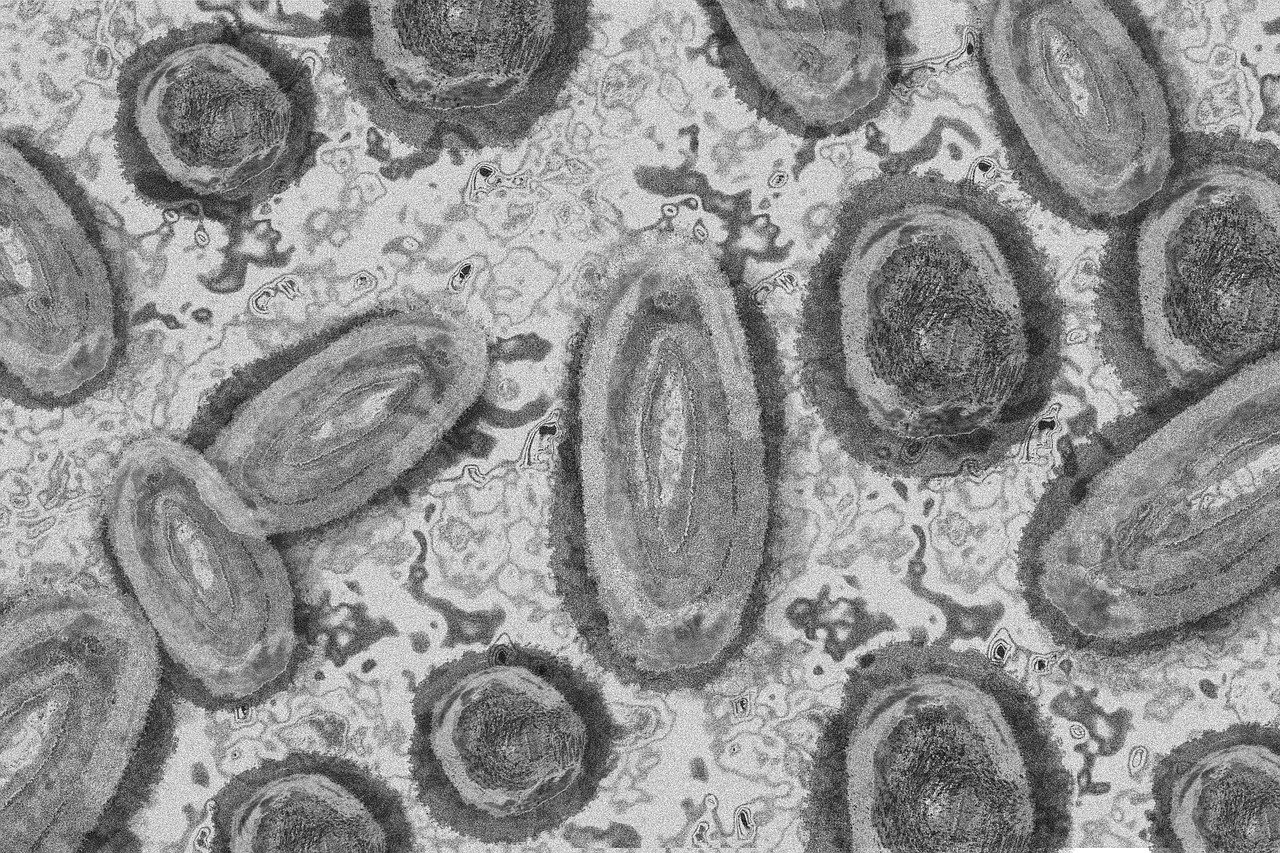Ministry of Health and Family Welfare will soon announce guidelines for treatment, prevention of monkeypox.
New Delhi: As the outbreak of monkeypox has been identified in non-endemic countries like the USA, Canada, Australia, the UK, Spain, Portugal, Germany, Belgium, France and so forth, the Indian government is keeping an eye on the global rise in monkeypox cases. Recently, the World Health Organisation Country Office for India has asked the Indian Council of Medical Research (ICMR), and National Institute of Virology, Pune, to help test suspected cases of monkeypox for the South-East Asian Region (SEAR) member-states. Fortunately, there have been no cases of monkeypox in India yet, however, the Indian government has levelled up its preparedness to tackle the virus with an adequate number of Biosafety Level (BSL) facilities.
Speaking of the preparedness level in India, Dr Samiran Panda, Additional Director General of the ICMR, told The Sunday Guardian, “In the typical suspected cases, the samples examined as a clinical manifestation of skin rashes of an international traveller may not turn out to be a case of monkeypox. We have an adequate BSL facility to diagnose the virus; in terms of surveillance at the airports, the National Centre for Disease Control (NCDC) is well prepared.”
The Ministry of Health and Family Welfare will soon announce comprehensive guidelines for the treatment and prevention of monkeypox. Identifying sick passengers at airports, lab tests, symptoms, preventive, surveillance tactics, hospital reporting, and community awareness will all be covered in the full guidelines. On 24 May, the government of West Bengal issued an interim advisory in view of monkeypox cases reported around the world. The notice states, “All suspected cases to be isolated at designated healthcare facilities until all lesions have resolved and a fresh layer of skin has formed or until the treating physician decides to end isolation. All such patients are to be reported to the Dy. CMOH-II/MSO (for Kolkata) who will keep a close liaison with State Surveillance Officer.” In case of suspicion, laboratory samples of vesicular fluid, blood, sputum, and other samples will be forwarded to NIV Pune for monkeypox testing in accordance with the State Public Health Branch. If a positive case is found, contact tracing must be started right once to identify the patient’s contacts from the previous 21 days.
Although smallpox immunisation gave protection against monkeypox in the past, those younger than 40 to 50 years
The incubation time is usually 7-14 days, although it can be anywhere from 5 and 21 days. The disease can be transmitted one to two days before the rash appears and remains contagious until all of the scabs have fallen off. Dr Pranjit Bhowmik, the director of Internal medicine at the Asian Institute of Medical Sciences, Faridabad, added, “As such, monkeypox fever doesn’t have any basic line of treatment. In case of any secondary infection, one can take antibiotics, depending on the sensitivity and severity.”
Monkeypox is caused by the monkeypox virus, which belongs to the Orthopoxvirus genus and belongs to the Poxviridae family. Monkeypox is a viral zoonotic illness that is endemic in Central and West Africa’s tropical rainforests and is occasionally transported to other parts of the world. The virus is assumed to have originated among rodents in Central and West Africa and has since spread to humans on several occasions. Outside of Africa, cases are uncommon and have been linked to infected people or imported animals.
Dr Vineeta Singh Tandon, a consultant at the Internal Medicine PSRI Hospital, told this paper, “It spreads from one person to another through contact with respiratory secretions, bodily fluids, skin lesions of an infected person or recently contaminated objects like bedding. The common symptoms like fever, intense headache, skin rashes and more on the face and extremities that appears in the one to three days of the fever. Lymphadenopathy (swelling of the lymph nodes) is a distinctive feature compared to other diseases like smallpox, chickenpox or measles.”
Monkeypox is less contagious than smallpox and can cause less severe illness. The mortality rate is also considered low as no deaths have been reported as of now. Dr Debayan Mallik, the in-charge of the rural health centre of the JIMS hospital, Kolkata, said, “We are not expecting a huge number of deaths as we have seen during Covid. We do have previous knowledge of the virus and we believe, the mortality cases are going to be very low.” So far, more than 200 confirmed cases have been reported around the world.

